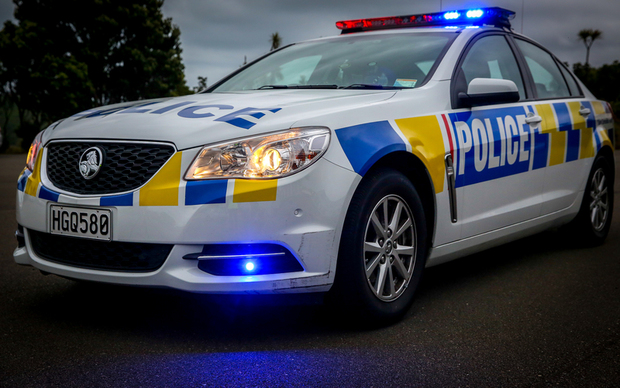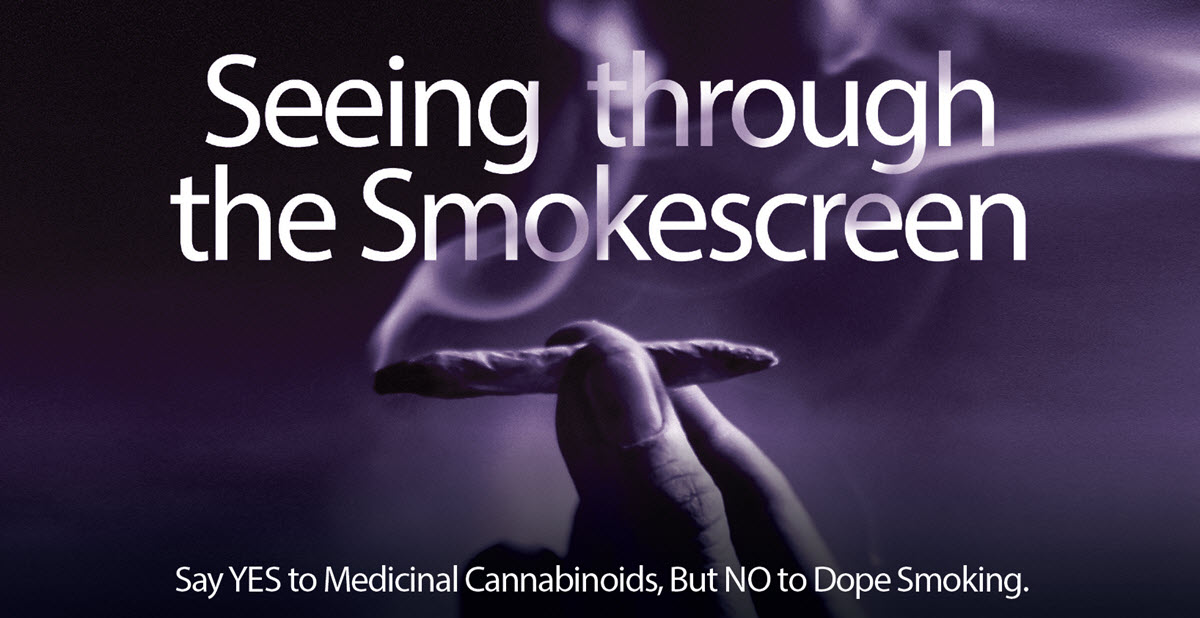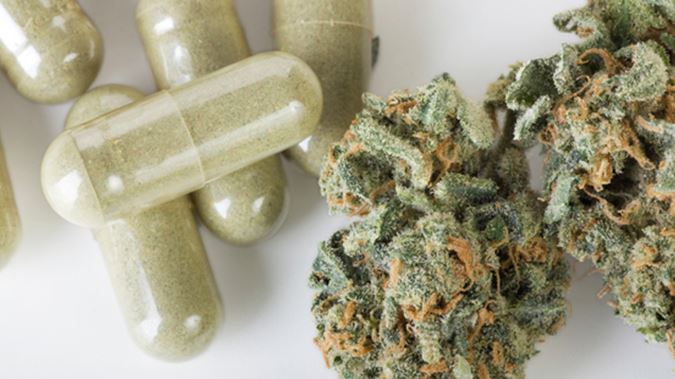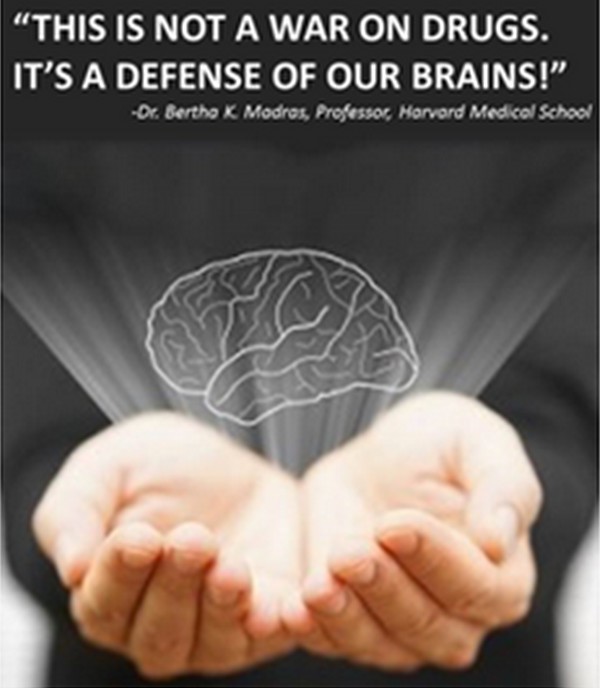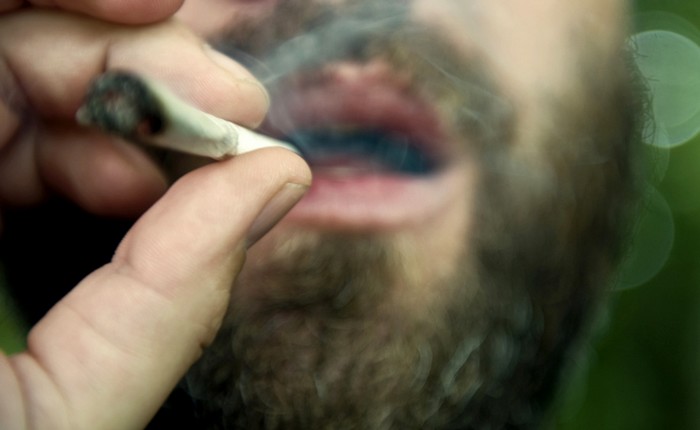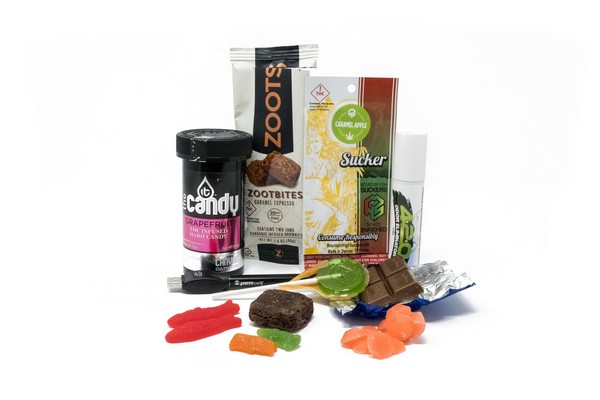
NZ Herald 17 April 2019
Family First Comment: Thoughtful column from National’s Paula Bennett
“The marijuana of tomorrow won’t look anything like the marijuana of today. It will be in liquid form, consumed via drinks and food, not smoked, and probably marketed to younger people. The evidence tells us marijuana can have significant effects on the growth and refinement of brain functions relating to emotion and memory development. There are also established links between usage and mental health concerns, such as depression, schizophrenia and psychosis.”
COMMENT:
Since taking on the role of the National Party spokeswoman for drug reform I have discovered from the sometimes very personal messages that everyone’s experience with drugs is different.
There are those who assure me they have smoked marijuana daily and have been successful and so far lived a good life. Others have told me of the devastating effects and their quest to rid themselves of the addiction. Some have been angry that I dared pose questions, others have been grateful that I do. Welcome to the world of an MP.
I have also noticed many people mixing up medicinal cannabis and the binding referendum the Prime Minister has called on legalising marijuana at the next election.
I support medicinal cannabis, as do most parliamentarians. But this referendum is quite different. We do not know what the question will be and what we will be signing ourselves up for.
We deserve to know what it will mean to say yes to the legalisation of recreational marijuana. How will a market for it operate? Will marijuana be commercially available? Who will be able to sell it? Will it be big corporations or local not for profits? What will the legal age be?
These are just a few of the questions that need to be addressed. Time is ticking by. It took Canada and Columbia years to get legislation done. Will we see legislation before we vote in the referendum? Who is working on it and how will there be time for the public engage in the process?
The marijuana of today is not the same as the marijuana I tried in the 80s. It is far more potent with much higher THC levels.
The marijuana of tomorrow won’t look anything like the marijuana of today. It will be in liquid form, consumed via drinks and food, not smoked, and probably marketed to younger people.
The evidence tells us marijuana can have significant effects on the growth and refinement of brain functions relating to emotion and memory development. There are also established links between usage and mental health concerns, such as depression, schizophrenia and psychosis.
While I support a health-based approach to drug users, the Government’s latest Misuse of Drugs Amendment Bill is effectively decriminalisation of all drugs. This is legislation currently being debated and the public aren’t aware of it.
A lot of people wrote to tell me alcohol is just as bad, if not worse, than marijuana. I think they might be right, so shouldn’t we learn something from that? We have reformed our liquor legislation numerous times and still people suffer from alcoholism, die on our roads and beat each other up when drunk, and we think legalising marijuana will fix drug harm.
Equally the status quo doesn’t seem right. I don’t think convicting someone for smoking a joint makes sense. I don’t particularly care if adults choose to recreationally use marijuana, they shouldn’t have to feel like criminals and worry they may be convicted.
If we collectively agree there are problems with drug harm, shouldn’t we debate solutions instead of leaping to legalisation? Will the drug addict get better because it’s legal to consume marijuana?
Even in countries and states that have either decriminalised or legalised marijuana there are huge differences in opinion. That doesn’t mean we ignore it, but it does mean we progress with caution.
I think this is a really important debate for us as a country to have, and it can’t be done by stealth through a single sentence in a bill aimed at addressing issues with synthetics. I don’t want us to look back and wonder what happened because we weren’t given the right information in time for us to have a mature debate on the pros and cons and know what we are saying yes or no to.
British citizens had no idea what saying yes to Brexit meant and look at how that debate is going. This is the Prime Minister’s referendum on legalising marijuana and both she and her Government have an obligation to let us know exactly what we are signing up for.
• Paula Bennett is National’s spokesperson on drug reform.
https://www.nzherald.co.nz/index.cfm?objectid=12222771&ref=twitter

